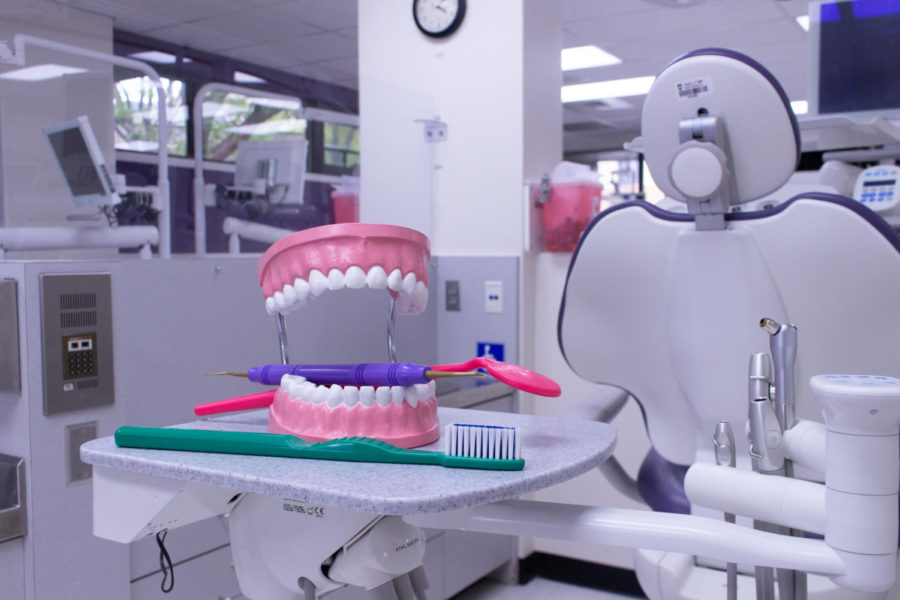
Mental illness is considered intertwined with physical illness, yet it is routinely misunderstood. With the number of students diagnosed with mental illness continuing to rise, the Weber State University Center for Diversity & Unity hosted Stop the Hate, a discussion focused on reducing the stigma around mental illness, on Wednesday.
According to MA psychologist and counselor Luke Jensen, a panelist at the discussion, “25 percent of college students have been diagnosed with or been treated for a form of mental illness. This is one of the reasons why Weber State University has a Counseling & Psychological Services Center for students, along with a 24-hour crisis hotline for them.”
Psychologists find it difficult to agree on exactly what the definition of mental illness is and describe it in a multitude of ways, given that there are so many mental illnesses and different ways to develop them.
“Some people are born with it, while others eventually develop them, but what most people do not realize is that mental health and physical health are the same,” Jensen said. “You need to take care of both, not just one or the other.”
People with mental illnesses often have to deal with the associated social stigmas, one of the most common being that a person with a mental illness is dangerous.
“This is built upon ignorance and a lack of understanding,” Jensen said. “Violent people that commit crimes normally do not have a mental illness, if any at all.” He added that the ones who suffer the most from crimes are victims of mental illnesses themselves.
There tends to be a negative connotation attached to metal illness in the media, and some participants at the discussion said they were unsure why, suggesting that it may be because it makes stories more interesting or adds shock value.
“That’s despicable they (the media) does that!” said freshman James Jones. “They’re suffering enough already; they don’t need that on top of it all.”
While there are many different types of mental illnesses, the top five are anxiety, mood disorder, eating disorders, substance abuse and attention deficit hyperactivity disorder.
Besides stigmas, myths come along with mental illnesses, such as the one that people with eating disorders or substance abuse problems are completely in control of their sicknesses and can stop any time they want. Jensen said that sometimes people start off with having some control over it, but it’s a slippery slope, and eventually they may lose all control and become victims of their illnesses.
Amber Rachel, a WSU freshman majoring in psychology, said she liked the panel and “that it’s sad that so few people showed up for it,” adding that she hopes WSU hosts more panels discussing this topic and other important issues.
“The best thing anybody can do for people with any mental illness is to be supportive for them,” said Jensen in closing. “No one can do this alone, so, be it a family member or a close friend, just being there for them helps out more than anything.”




















